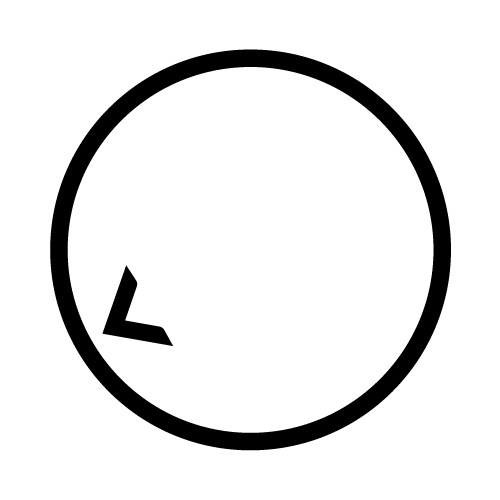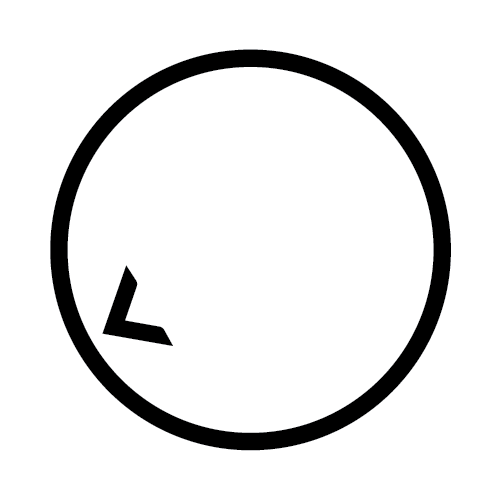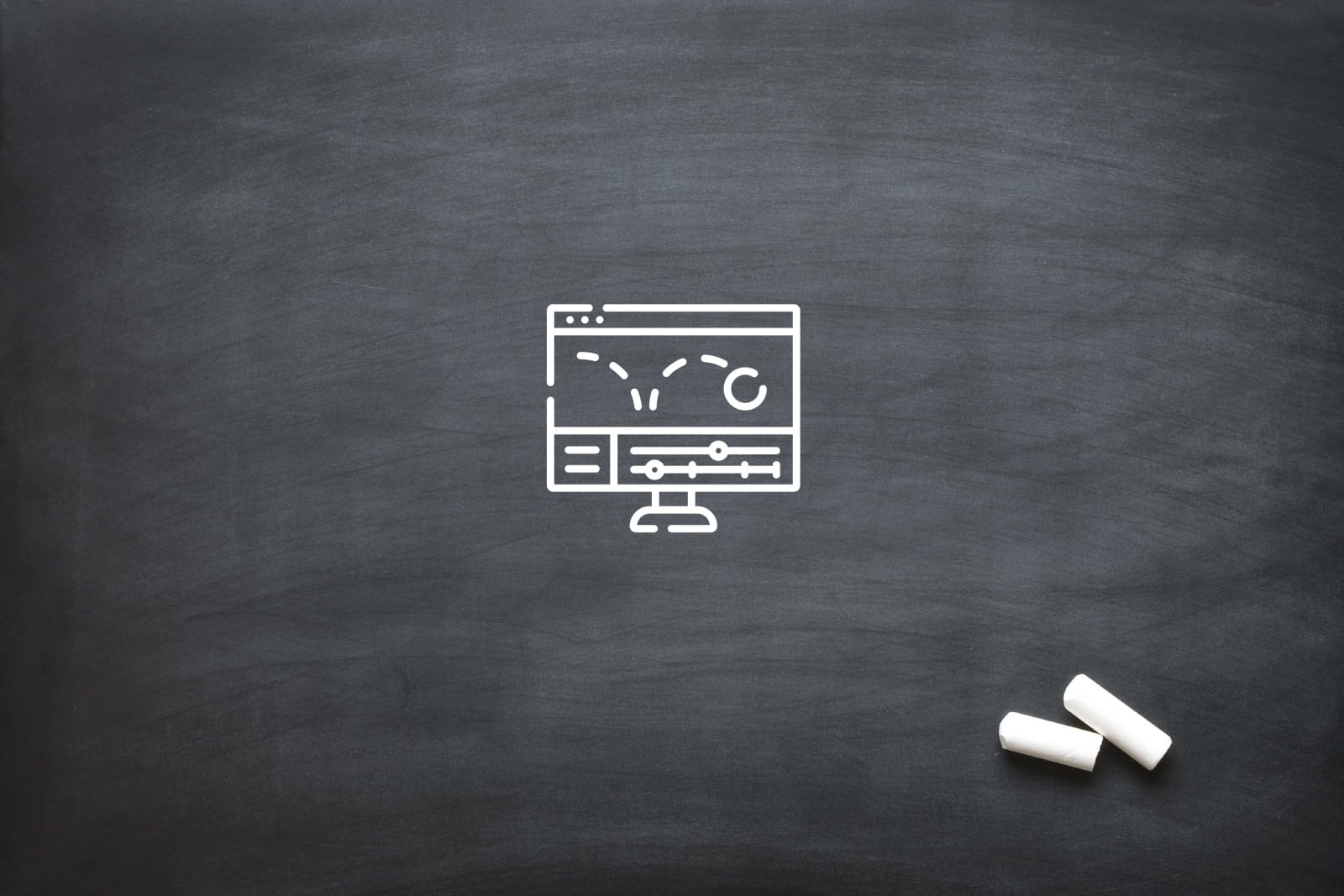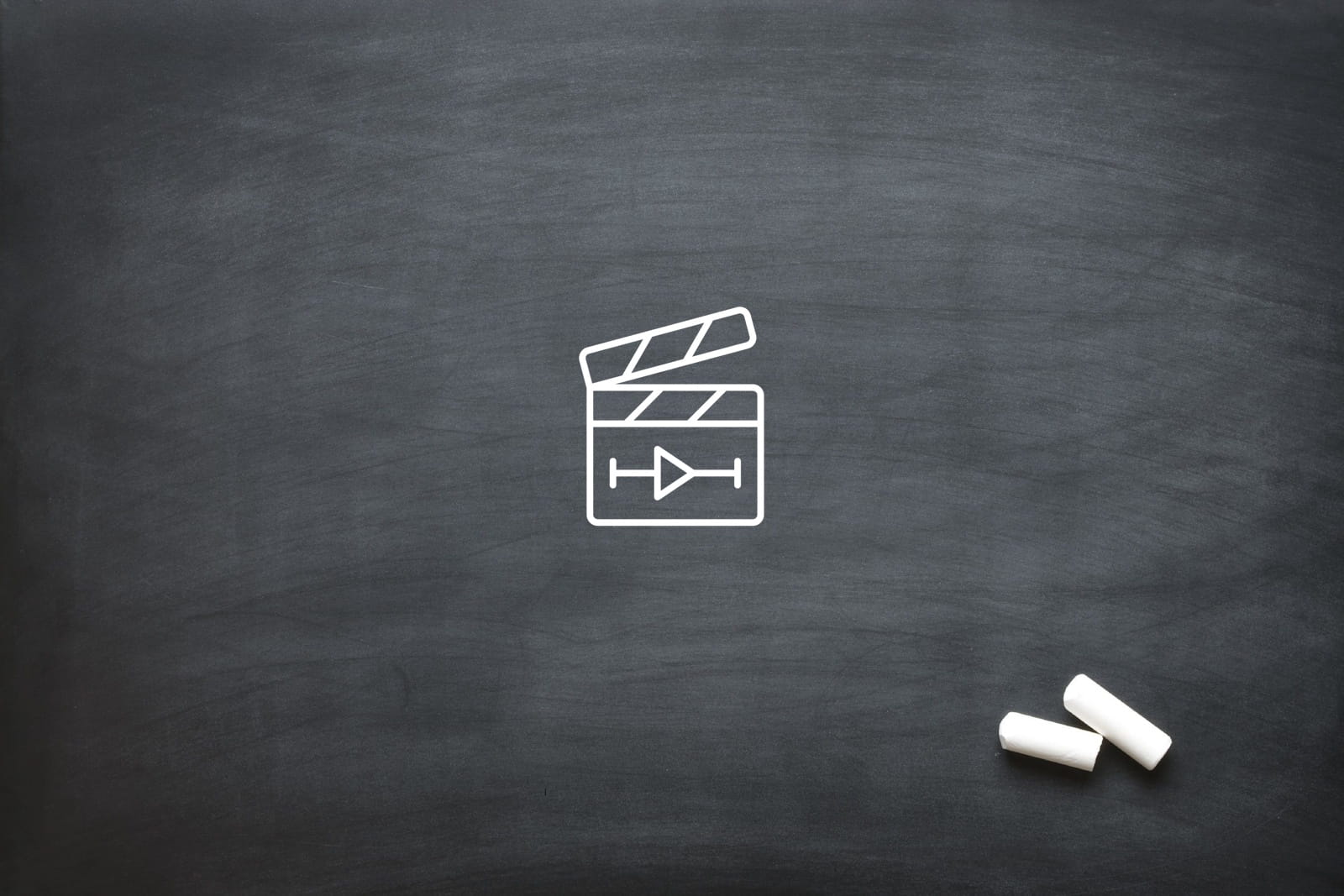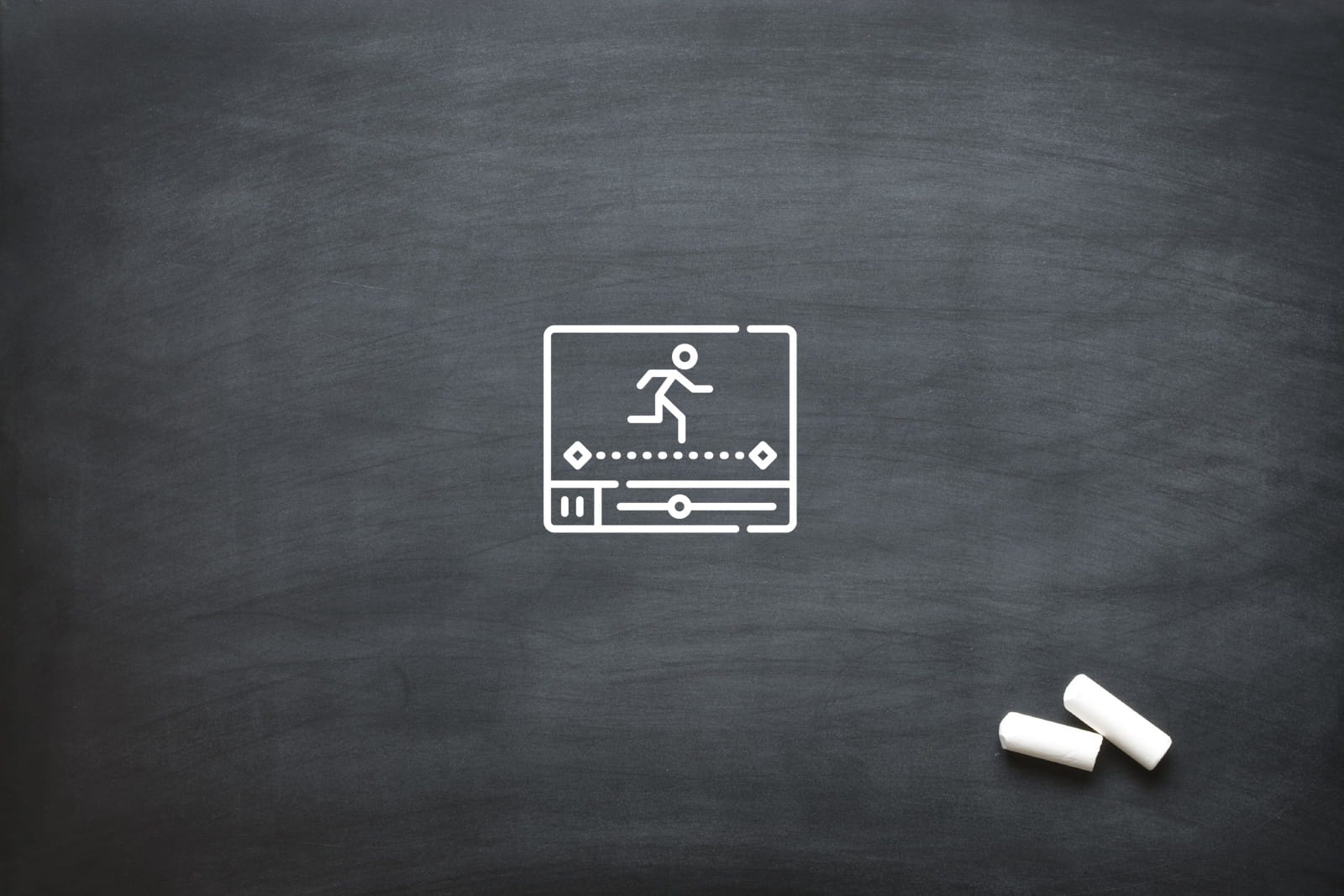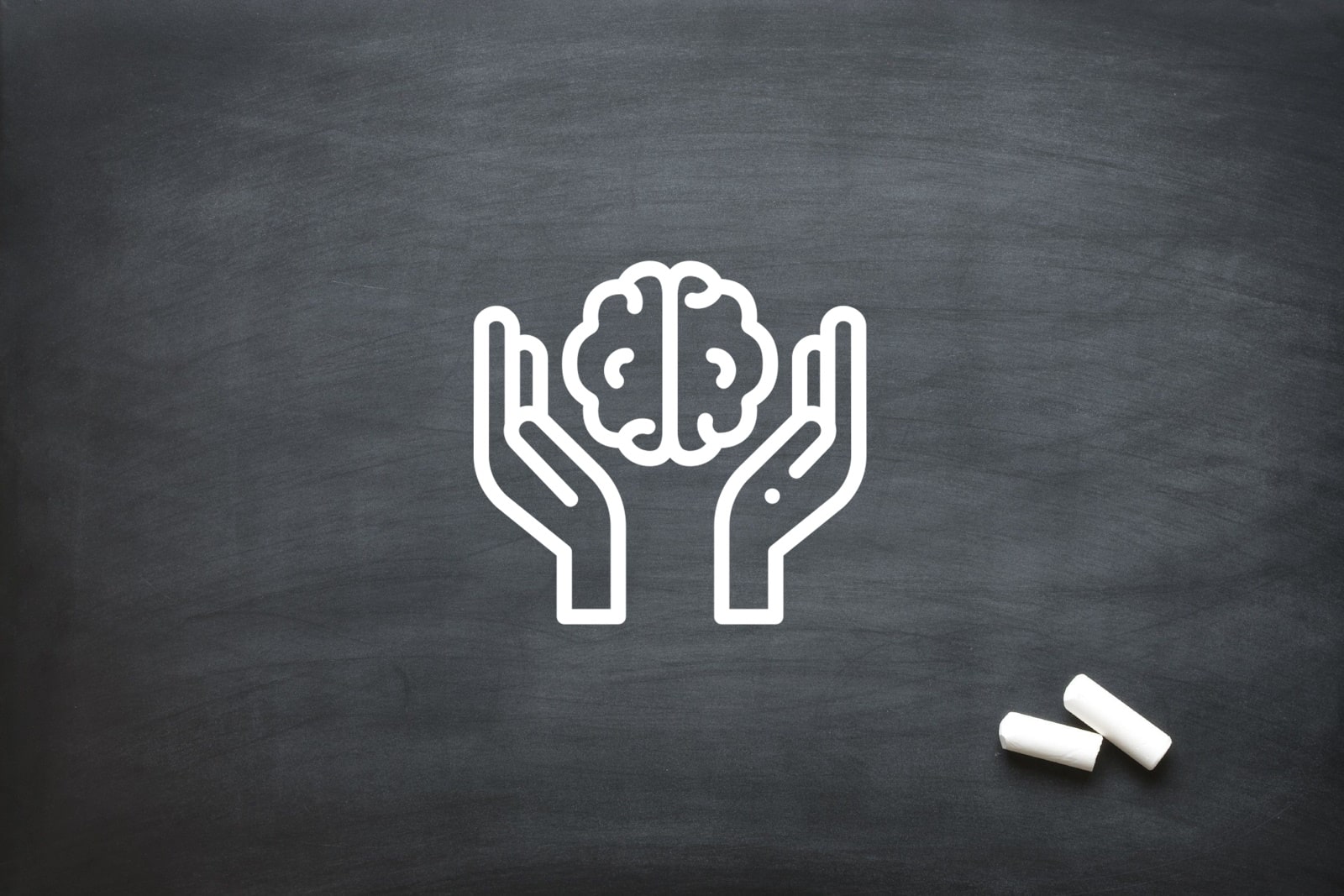
Animation Studios in Johannesburg and Therapy
Johannesburg, South Africa’s creative capital, is seeing a powerful convergence between storytelling and mental health advocacy. At the centre of this movement are animation studios in Johannesburg, quietly revolutionising the way young people engage with therapy and mental wellness. With growing recognition that mental health support must go beyond clinical settings, local creatives are teaming up with psychologists, educators, and non-profits to use animation as a bridge to healing, empathy, and awareness.
This evolving relationship between animation and therapy speaks volumes to the versatility of animation—especially in emotionally and socially complex contexts.
Animation as a Tool in Johannesburg Youth Therapy Programmes
In many parts of Johannesburg, therapy is not always accessible or culturally familiar. This makes it difficult for vulnerable children to articulate trauma or mental distress. Enter animation: a visual language that transcends verbal limitations and invites emotional honesty in a safe, imaginative space.
Animation studios in Johannesburg are increasingly partnering with trained psychologists and social workers to co-create short animated films and character-driven stories that help children reflect on their feelings. These stories often mirror common experiences like loss, violence, displacement, or bullying, offering young viewers a chance to see their struggles represented and normalised.
Mental Health Awareness Campaigns in Animation
Animation studios in Johannesburg are also active participants in broader awareness efforts, creating emotionally resonant public service announcements (PSAs) and campaigns aimed at dismantling stigma and educating communities.
These campaigns are often the result of partnerships with non-profit organisations, healthcare advocates, and sometimes even government entities. One standout initiative is the “Stronger” mental health awareness campaign, which used a combination of digital technology and artistic storytelling to honour the late South African artist Riky Rick. The campaign sparked widespread discussion among South African youth about depression, suicide, and the need to seek help.
By using animation to convey sensitive and nuanced messages, these campaigns succeed where traditional outreach often falls short. They manage to be educational without being clinical, emotionally impactful without overwhelming the audience.
Using Animation to Break Mental Health Stigmas
Cultural stigma continues to be one of the biggest barriers to mental health support in many Johannesburg communities. Young people may fear being labelled or judged, particularly when mental health is still surrounded by myths and misunderstanding.
Animation helps dissolve this stigma by making the subject matter accessible, age-appropriate, and universally relatable. Characters in animated films or shorts can express anxiety, sadness, or trauma in a way that feels both safe and familiar. Because the medium itself is associated with entertainment and creativity, it invites curiosity rather than defensiveness.
Organisations like Indlela Mental Health are embracing this strategy, using animated visuals in national campaigns to get South Africans talking about mental wellness in schools, homes, and workplaces.
Therapeutic Animation Workshops for At-Risk Youth
Beyond viewing animated content, many Johannesburg-based programmes now invite youth to create animation themselves. This hands-on engagement transforms animation from a passive medium into a therapeutic process in its own right.
Workshops run by social organisations and supported by animation studios in Johannesburg offer young people the chance to write, draw, and animate their own stories. This not only serves as a creative outlet but also teaches them digital storytelling skills that are transferable to potential career paths.
The SPIEEL Arts Therapies Collective, for example, implements community-based arts therapy projects in schools and social development hubs.
Animation in Hospitals and Healthcare Settings
Hospitals are another setting where animation proves invaluable. In paediatric wards across Johannesburg, medical staff are turning to animated content to calm anxious children, explain procedures in child-friendly ways, and help young patients mentally prepare for treatments.
When used as part of healthcare education, animation can simplify complex medical information and reduce fear in children and families. The result is not only improved emotional well-being but also better cooperation with healthcare providers and reduced stress around medical experiences.
Studies have shown that animated content, when incorporated into psychotherapy with traumatised children, significantly aids in cognitive processing and emotional regulation—particularly in the aftermath of acute trauma.
Conclusion
Animation studios in Johannesburg are proving that their work can do more than entertain—it can heal, teach, and transform lives. Whether through expressive therapy programmes, stigma-busting PSAs, or empowering workshops, these studios are helping to shape a healthier, more emotionally resilient generation.
At Oliver Karstel Creative Agency, we are inspired by these incredible intersections between art and advocacy. Contact us today to explore how we can collaborate on animated content that informs, heals, and inspires.
